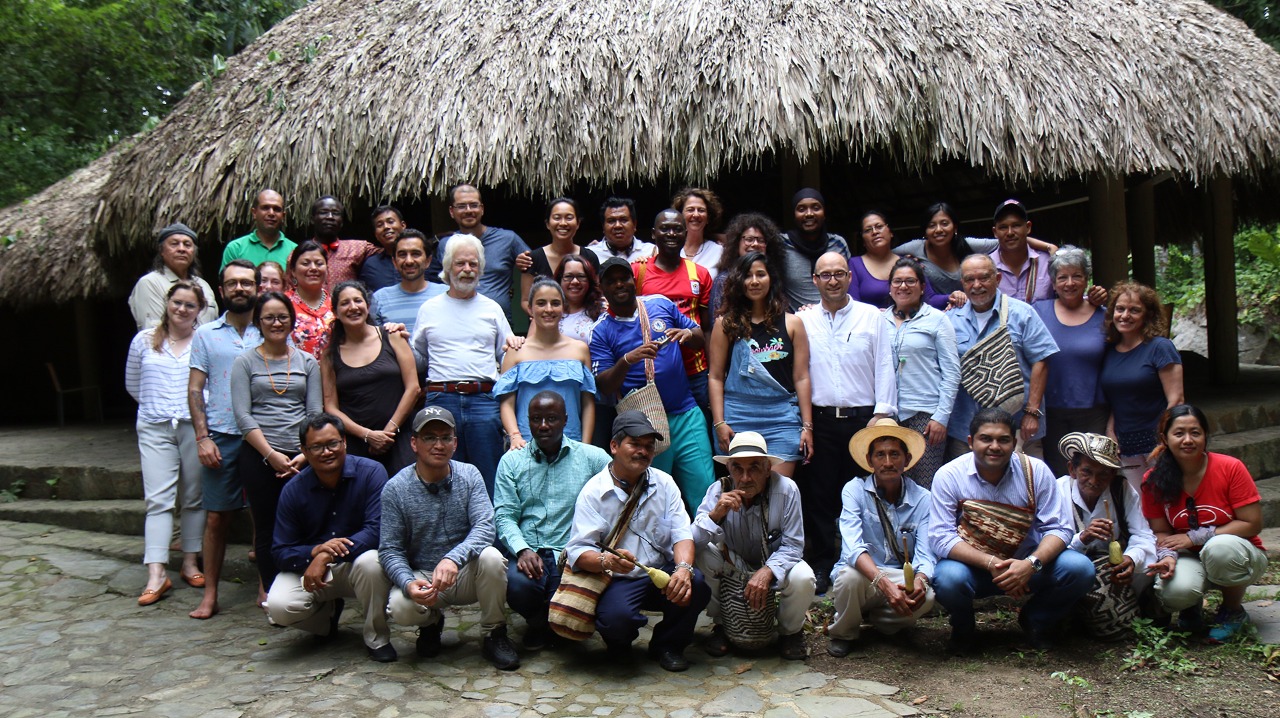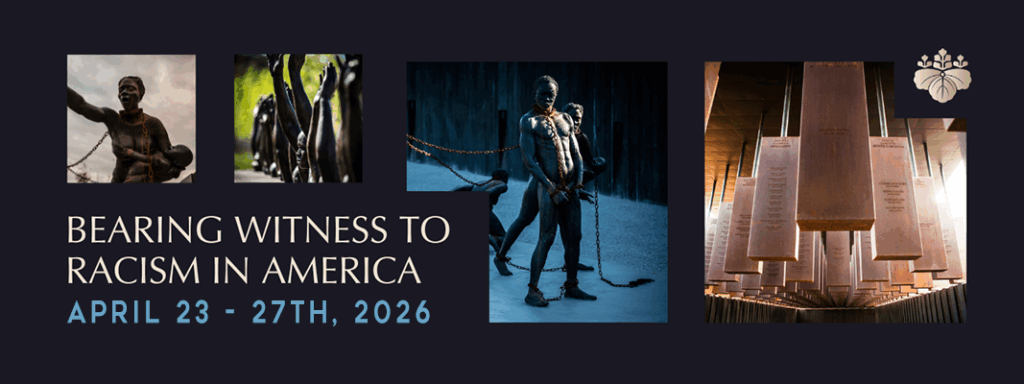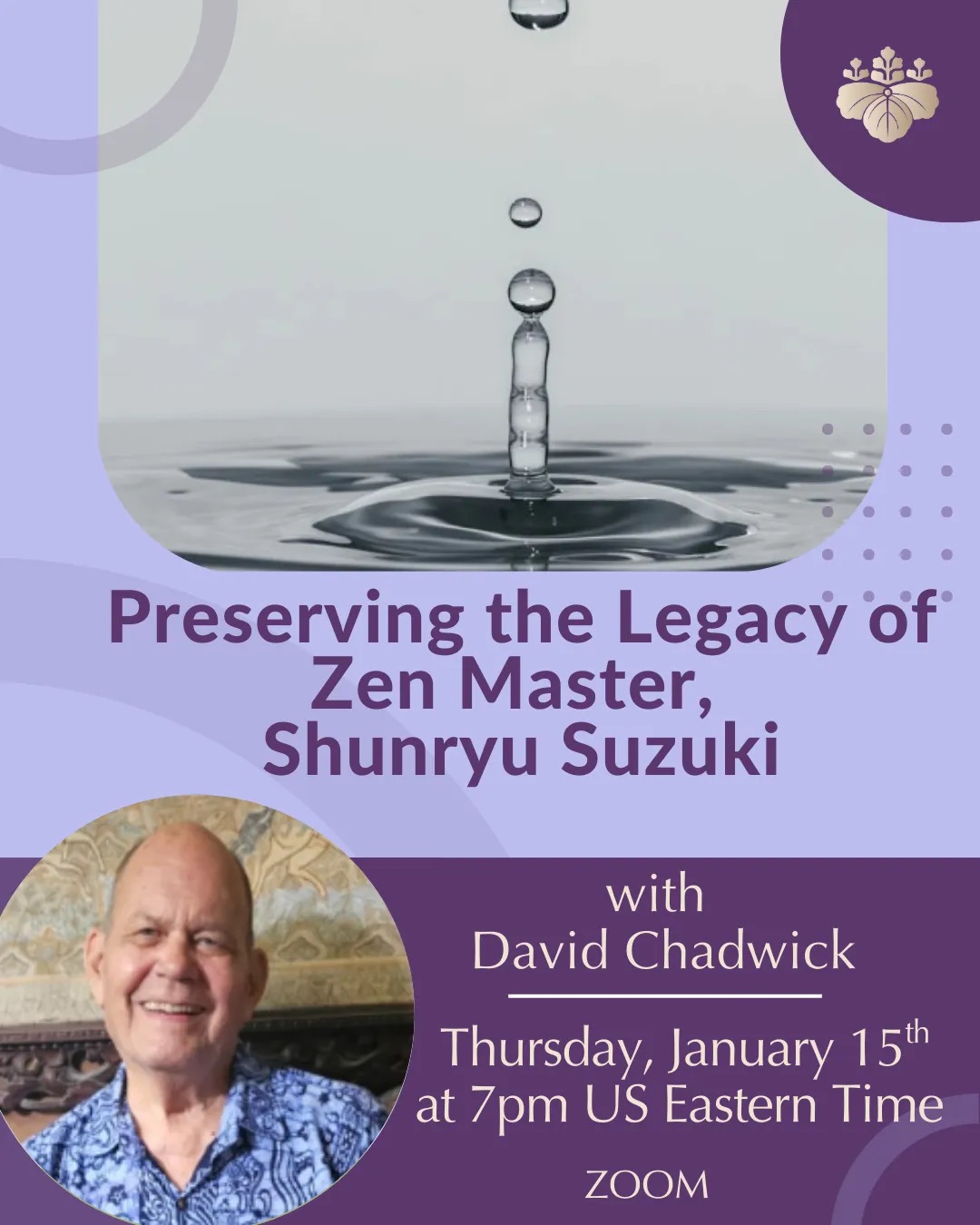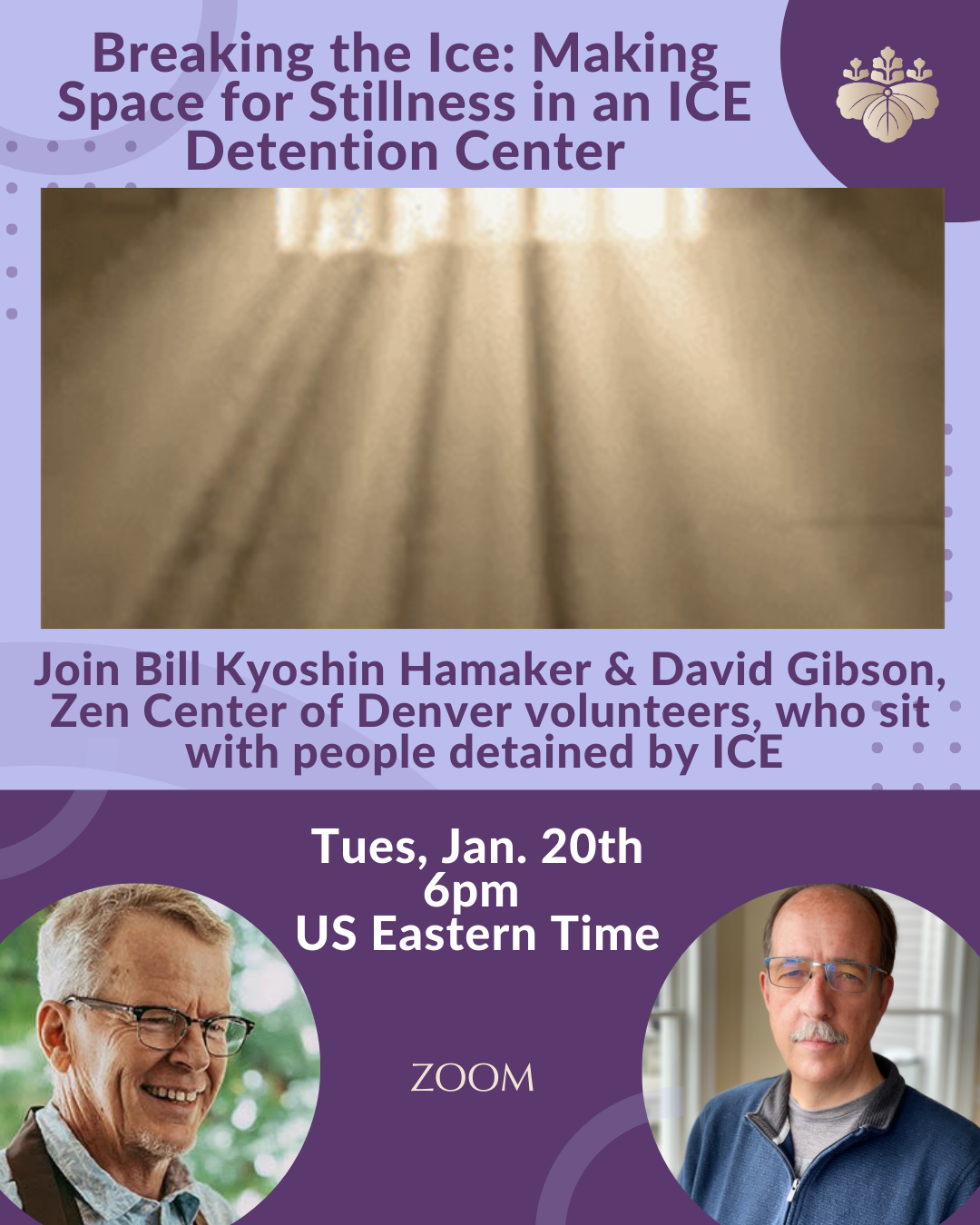Rwanda: Bearing Witness
Circles of Hope: The Continuous Work of Healing Genocidal Trauma in Rwanda
Thérèse Uwitonze, a Rwandan clinical psychologist and trauma specialist, and Roshi Barbara Wegmüller, a founding teacher of the Zen Peacemaker Order in Europe from Spiegel, Switzerland, met during the Zen Peacemakers Rwanda Bearing Witness Retreat in 2014. Below is Barbara’s account of their meeting and friendship, followed by the report developed by Thérèse and her colleague Nsengiyumva Joseph, detailing the incredible work Thérèse and Nsengiyumva were able to do in the Ruhashya, Rwaniro, and Kinazi sectors of the Huye District in Rwanda with the support of the Zen Peacemakers from Switzerland.
Right after our arrival and after settling into our hotel room, Roshi Genro introduced us to Thérèse Uwitonze. My husband, Roland, is the participants doctor at the Bearing Witness Retreats in Auschwitz, and was inhabiting this position in Rwanda.
Thérèse, we were told, is a psychotherapist specializing in treatments of trauma. She was accompanied by a friend, a women psychologist. The four of us gathered around a small table on the shady veranda. It was Friday afternoon, three days before the start of the Retreat.

In our conversation, Thérèse described how the victims, and also the offenders, are still severely traumatized. She explained how it is important for the doctor and the Retreat team leaders to know how Rwanda is coping with the situation. She told us that treatments mostly involved drug therapy and that these were administered quickly to prevent more people from being affected.
In the first hours of our arrival, we listened to Thérèse as she gave us an account of the unfathomable suffering her people were experiencing and of her incredible work that is dedicated in helping these people to cope and live their lives. Listening to her as she shared about the Circle work on different places, with different groups of the population, we felt high respect for Therese`s work.
“You know,” she said in this first conversation, “everybody in the country is affected by what happened here, all of us need healing.”
During the Retreat we got to know each other better and I could observe that Thérèse was very competent when her help was needed.
Roland and I learned to let go what we learned about trauma therapy in our collective, this place and the amount of the grief was huge and visible in the eyes of survivors as well as the perpetuators. We learned just to be there and listen with an open heart.
At the end of the retreat, we spent several hours talking about council circles. Thérèse told us about her circles of reconciliation, and I spoke about my extensive experience with circles in the Zen Peacemaker tradition and gave her an outline of our tools. We discussed the potential power of council practice, or peace circle as Therese refers to it, as a transformative and healing force for the trauma embedded in the Rwandan psyche as the result of the genocide. When Bernie suggested my support for Thérèse after the Retreat, I happily agreed. Thérèse and I keep regular contact by email. I sent her a description of our tools and she keeps me updated with her work in the circles. Ongoing financial support donated by the Peacemaker Community Switzerland helps Thérèse maintain and expand her work.
–Roshi Barbara Wegmüller
Therese Uwitonze, Clinical Psychologist
Nsengiyumva Joseph, Social Worker
Partner Organization: Zen Peacemaker Order, Suisse
Responsible: Barbara Wegmüller
Time Frame: April 2012 – December 2016
Background
Ruhashya group: On April 25th 2012 in Ruhashya, people from the Ruhashya and Rwaniro Sectors and their friends commemorated the genocide perpetrated against the Tutsi in 1994. During that 18th commemoration, people participated in the ceremonies, however it was difficult for about 30 people to participate because they were experiencing severe psychological crises based on the traumatic events they had undergone during the genocide (for example, many were crying, hallucinating, experiencing flashbacks, and feeling extremely agitated). Many people, mostly women, had to receive care in the Ruhashya Health Center during and after the ceremonies.
On June 23rd, 2012, group therapy began in Ruhashya Health Center, to address the needs of those suffering from Post Traumatic Stress Disorder as the result of the genocide.
Kinazi group: On April 28th, 2014 at Songa memorial site, people from the Kinazi Sector and their friends also commemorated the genocide perpetrated in 1994 against the Tutsi. During this 20th commemoration, 32 PTSD cases were registered. Similar to Ruhashya, many of those from Kinazi suffering from PTSD were women. After the ceremonies, the Mental Health Dignity Foundation extended their services to help survivors overcome the symptoms of PTSD. On September 4th, 2014, group therapy started in the Kinazi sector.
General Objective of Mental Health Dignity Foundation Intervention
To contribute to psychological balance and social cohesion toward development.
Specific Objectives
62 people were trained in mental health and PTSD from both the Ruhashya and Kinazi groups.
- Normalize the symptoms of PTSD
- Inform people about PTSD and its consequences
- Treat PTSD in groups
- Facilitate the expression of negative and positive emotions
- Restore and relearn the social human values destroyed during the genocide in 1994, a process which will facilitate personal and national development
- Train people in the community as mental health practitioners
- Challenge stigma directed at PTSD survivors
- Advocate for the needs of survivors, also known as “PTSD cases”
- Connect mental health and development
Beneficiaries
People suffering from PTSD in the Ruhashya, Rwaniro and Kinazi Districts, in addition to youth experiencing transgenerational trauma from the Nyaruguru and Huye Districts.
Approaches
To achieve the objectives, we worked in the following ways:
- Educating people about general mental health in addition to PTSD in particular
- Treating PTSD in group through peace circles and relaxation exercises
- Preventing transgenerational trauma
- Advocating for the needs of the Kinazi and Ruhashya groups
- Conducting psychological intervention during commemoration of genocide against Tutsi each year
- Collecting success stories
Psychoeducation and the Facilitation of the Group
After gaining consent from our clients, we gave the Ruhashya and Kinazi group members information about mental health (including definitions of mental health, symptoms, root causes, and treatment of mental disorders, and the definition of PTSD). We then facilitated group therapy; the primary approach we utilized in group therapy was the peace circle format in which we allowed clients to express their negative or positive emotions about their stories and practice relaxation exercises. We facilitated peace circle for 3 hours bimonthly.
We respected the following guidelines of peace circle (as outlined by Zen Peacemakers):
- Speak from the heart
- Listen from the heart
- Speak spontaneously
- Speak leanly
Preventing Transgenerational Trauma in Young People
There is very little knowledge about mental health in secondary schools. In addition, many cases of PTSD may be observed in Rwandan society, in both adult and youth populations, as the result of the 1994 genocide committed against the Tutsi. Every year, each school holds a commemoration for the killed persons at their school. During these commemorations, many people experience emotional crises, their PTSD symptoms flair dramatically. MHDF increased the knowledge on these matters to facilitate understanding; students, parents, and teachers were informed about mental health, PTSD, conflicts, and their interconnection. As part of this program, 98 trained volunteers took advantage of the self-assessment and self-transformation resources available and supported their peers in commemoration period at school.
Economic Empowerment: Banana Plantation Project
A person has two aspects: psychological aspect and physical aspect. The two aspects must be maintained. After the psychological recovery of Ruhashya and Kinazi group members, they had the wish to be supported economically. In collaboration with a social worker, we conducted the meetings for assessing their needs and their solutions (using the problem tree and solution tree). Through these exercises, we designed a banana plantation project for the Ruhashya group and a slaughterhouse project for the Kinazi group. Until now, Huye district gave 5,600,000Frw to support banana plantation project only. We are waiting for slaughterhouse project donors (we need 9077500Frw) for the Kinazi group.
Success Stories: in the Words of Program Participants
N.B: The success stories from beneficiaries were collected from the field(Ruhashya and Kinazi groups). They were in Kinyarwanda language and translated in English by MHDF. Because of confidentiality issues, we use letters instead of the names.
- My name is A, I am 39 years old from Ruhashya sector, Gatovu cell. I was isolated. I went to mental health hospital /CARAES Butare many times to be treated, but the situation didn’t change. People called me foolish. When I entered the Ruhashya group created by MHDF in order to heal trauma, the situation changed. We learned different relaxation exercises, attended many sessions of facilitated peace circles, and underwent training about trauma &conflicts in order to help ourselves physically and psychologically. Now, I am recovered and I intervene during the period in which we commemorate the genocide. I help the PTSD cases.
- My name is B, I am 52 years old. Before becoming an MHDF team member, my life was full of fear, crying, and despair. After using relaxation exercises I learned, I am now fine and I also work to prevent mental disorders in others; I am able to help others.
- My name is C, I am 54 years old. Before coming in the team of MHDF my life was only anger and walking everywhere without talking to anyone. Now, I am fine because MHDF taught me many relaxation exercises and I use them for treating myself and preventing mental disorders.
- My name is D, I am 38 years old from Ruhashya sector, Mara cell. Before joining the MHDF team, my life was only crying and running to the road. Many times, I went to the mental health hospital (CARAES) and people called me foolish, but now I feel well because MHDF taught me different relaxation exercises and we meet every month to share positive and negative emotions (we’ve had 50 sessions until now). I feel greatly recovered.
- My name is E, I am a member of Ruhashya team created by MHDF in 2012 and the group is very important for me. Before coming to MHDF, my life was only to cry day and night, remembering my children who died during the genocide against Tutsi. But after being trained and accompanied by MHDF, I am recovered from those symptoms .My objective is to be strong and continue to live.
- My name is F, Before coming to Ruhashya team of MHDF, my life was only to run to the hills, crying and fighting. After attending 50 sessions of psychological intervention (using peace circle and relaxation exercises techniques), now the situation is good and I deal with daily life after being treated.
- I am G. I have been a member of the Kinazi group since April 9th, 2014. Before entering this group, my emotional crises piqued during the commemoration period of genocide against Tutsi because of trauma. After attending 19 sessions of psychological intervention (relaxation exercises and peace circle), now it had stopped. I am not alone; I found relatives in the group who take care of me and vice versa. We treat others who have the same problem. Thank you!
- I am H and I am a member of Kinazi group. This group helped me a lot because before entering it, I was always alone. I was never happy and I was always suffering from headaches. Now when I have headaches, I do the relaxation exercises we learned and become healed. Also, now I’m not alone; I have friends around me.
- I am I and I had the symptoms of trauma. Kinazi group invited me to join them in peace circles where we share our experience in order to treat psychological suffering. After attending 19 sessions of accompaniment in Kinazi group, I feel relaxed.
- I’m J, a student of St Paul Kibeho. Before getting the training, I couldn’t enter the memorial site because of fear and dizziness. I had insufficient knowledge on how to take care of myself. After this training on the interconnection between conflict and trauma I can enter in, without any problem, and also help other classmates who have similar problems. I gained from this training relaxation exercises to help myself and others. For example during 22nd commemoration of genocide in Kibeho sector, a child asked me to accompany her because she wanted to visit the memorial site and she told me that it is her first time entering there. I took her arm and we entered and visited different rooms. After visiting, we returned together without any problem. She thanked me for my help because before, she didn’t find a person to accompany her.
Conclusion
MHDF project was characterized by different activities, all of which contributed to the promotion of mental health and providing care for the mental disorder, Post-Traumatic Stress Disorder. After conducting the project in schools and in the community and seeing positive outcomes, we would like to extend this project in other sectors of Huye, Nyaruguru, and Gisagara districts. This could help to get the same positive outcomes in other schools and communities and lead to a better way of preventing mental disorders and providing care to patients in schools and in the community.
2014 Zen Peacemakers Bearing Witness Retreat
Music by Morley, Photos by Aleksandra Kwiatkowska



